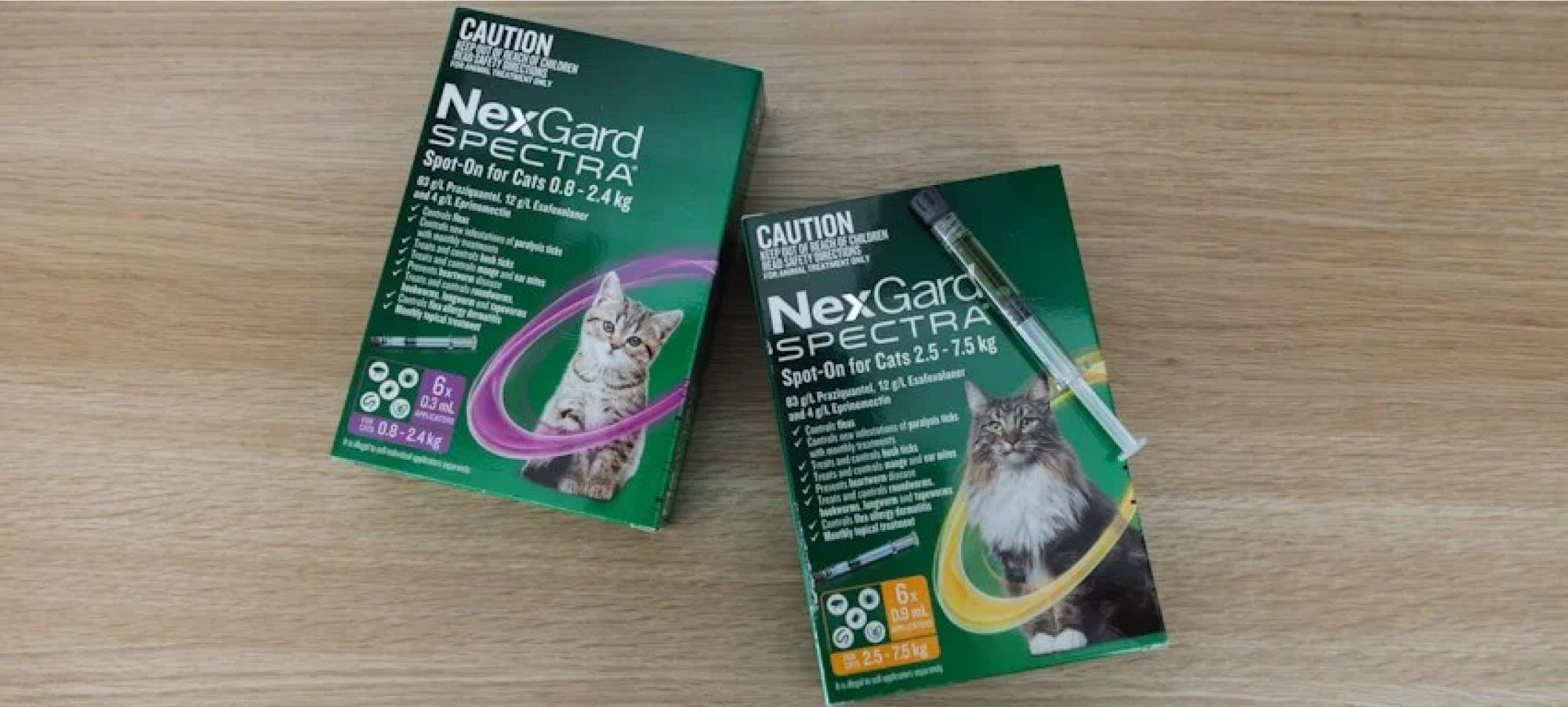Can Indoor Cats Get Worms?
All cats are at risk of intestinal worms, including indoor-only cats. While their risk is reduced, indoor-only cats can be exposed to contaminated soil that we humans might bring into the house on clothing and shoes. Small prey can access our homes, exposing indoor-only cats to worms and our dogs can also bring in fleas or worm eggs/larvae. If an indoor-only and outdoor cat live in the same house then the outdoor cat becomes a source of infection.
Are Some Cats More Susceptible to Worms Than Others?
Cats with outdoor access are more likely to be exposed to infected faeces or vectors, particularly contaminated environments as they are exploring. Even if your cat doesn't leave your yard, strays, neighbourhood cats or other animals can access the area and contribute to contamination.
Small prey animals are a potential source of infection for all intestinal worms. This means cats prone to hunting these small types of prey, including rodents, hares, birds, earthworms, cockroaches and reptiles, are at an increased risk of getting worms.
Similarly, cats on a raw food diet have a higher chance of exposure to worm larvae and cysts in the meat.
Younger and older animals have weakened immune systems, which can make them susceptible to pathogens, including to intestinal worms. These cats are more likely to experience severe illness following worm infections. Kittens also have additional routes of exposure through their mothers milk and can quickly outgrow their worming dose, leaving them vulnerable to infection.
Can Humans Get Worms From Cats?
Yes. Humans can get worms from cats. Tapeworms in particular can cause severe illness in humans if they form larval cysts in tissues throughout the body, including nervous system tissue, the brain, liver and lungs. Adult tapeworms may also develop if a flea is accidentally ingested or from eating raw meat.
Roundworms can infect people when the eggs are ingested, often from a contaminated environment. Hookworms are more likely to affect people when larvae penetrate the skin and migrate through the tissues under the skin.
Children are at the greatest risk for getting worms from cats as they are more likely to eat contaminated soil or walk around barefoot.
Can Cats Get Worms From Mice?
Yes. Mice and rats can potential be a source of roundworms, hookworms and tapeworms if they are consumed by cats. Rodents may consume roundworm eggs in faeces, becoming a source of contamination for cats. Hookworm larvae may migrate through their tissues or get into their tissues following ingestion, and then infect your cat. They can also harbour Tapeworm larvae, which may be then ingested by cats, the definitive host.
Can Cats Get Worms From Raw Meat?
Other species of mammals can also harbour worm larvae, including chickens, sheep, cattle, goats and even kangaroos. Tapeworms particularly form cysts inside the tissues of these animals, which can then be consumed by cats to develop into adult worms. Outdoor cats, particularly those in rural areas, may have access to the offal or carcasses of these infected species. The most common source, however, is a raw meat diet. Cats on a raw food diet are at an increased risk of intestinal worms, especially tapeworms. The larvae found in the raw meat can be inactivated by cooking the meat.
Can Cats Get Worms From Eating Flies?
The flies themselves will not be affected by worms or carry larvae in their bodies. However, flies often come into contact with faeces. A fly that has come into contact with faeces from a shedding cat may pick up eggs on their body and transport them. If that fly is then consumed while carrying infective eggs, they may become a source of worm infection.












